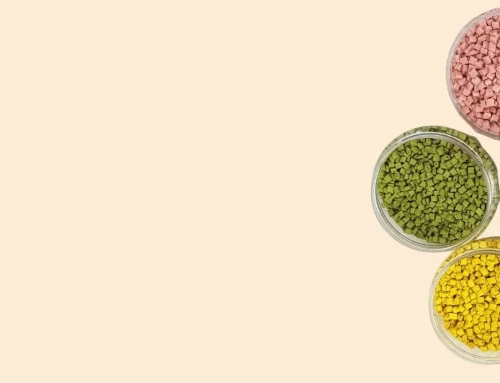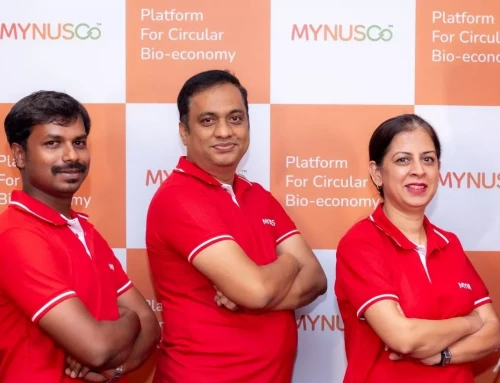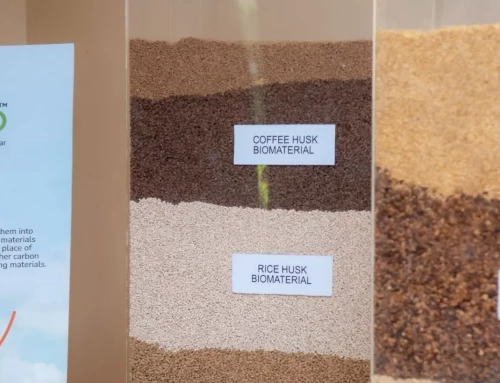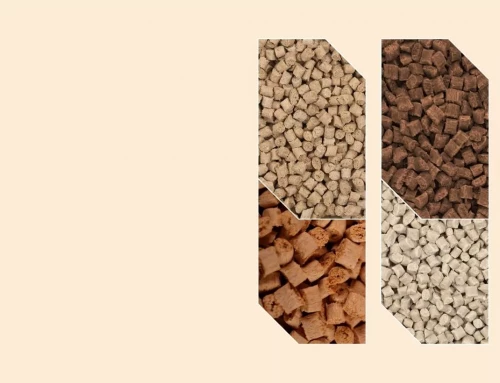Spectalite featured in Deccan Herald
India is one of the leading producers of bamboo. Considering the merits, bamboo is as an exceptional alternative to materials that are hazardous to the environment and tapping its unrealised potential is substantial. Different parts of the plant are utilised in culinary, medicine, textile, paper, construction, furniture, home décor and more domains.
A Bengaluru-based firm, Spectalite, aspires to habitually adopt sustainable materials like bamboo in automobile parts and other household articles.
After three years of relentless research and with the comprehensive support from the Institute of Wood Science and Technology (IWST) and other organisations, they can now provide lightweight solutions to automotive companies.
Today, a passenger car has about 100 kg of plastic in it. As opposed to plastic, bamboo is stronger and stiffer, and is heat and fire-resistant. It absorbs carbon dioxide and locks it in the product.
Today, a passenger car has about 100 kg of plastic in it. As opposed to plastic, bamboo is stronger and stiffer, and is heat and fire-resistant. It absorbs carbon dioxide and locks it in the product.
So, substituting plastic with bamboo fibres would be an impressive execution. “Based on the varied functional requirements of each component, we have been able to cut plastic down by 25-50%. Here, we create tremendous value by bringing together bamboo, which is one of god’s greatest creations, and plastic, which is one of the most versatile human inventions. Response from our customers is slow but good,” Mahadev C, director of the firm, stated. The firm sources bamboo (usually waste) from agarbatti and furniture industries. Fibre is extracted from it and mixed with a binder to produce granules, which can be poured into moulds to make useful commodities.
Besides automobile parts, they also fabricate home and kitchen-utility items like cutlery, toys and packaging material.They have even extended their research with bamboo fibres to other agri-waste and fast renewable resources such as rice husk, coffee husk, etc, and have practically used them in their products.
“Wouldn’t it be nice to have our coffee in cups made from coffee husk and dinner in plates made with rice husk?” he quipped.
All the kitchenware is tested for food-contact safety, is microwave-certified and absolutely biodegradable. Toys made with these bio-compounds are non-toxic and child-friendly. “We have done field trials and received excellent feedback. We are now in the process of getting certifications and government approvals to launch these products,” he conveyed.
With the ever-growing demand for wood for construction and its dwindling supply, it becomes crucial to replace it without depleting our natural resources. Bamboo can be used instead, but it has to be adequately treated.






